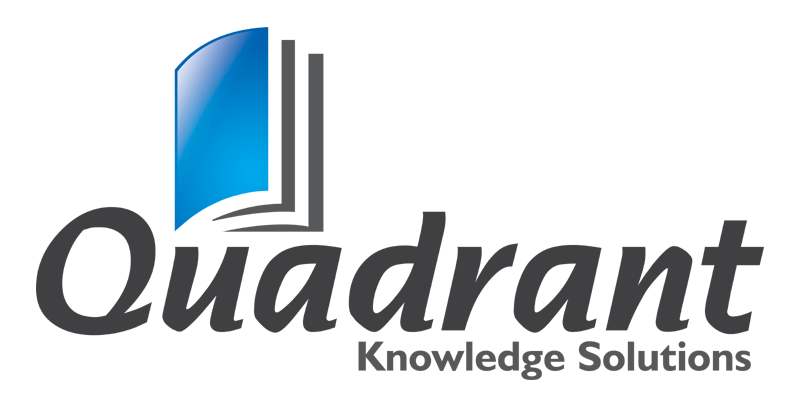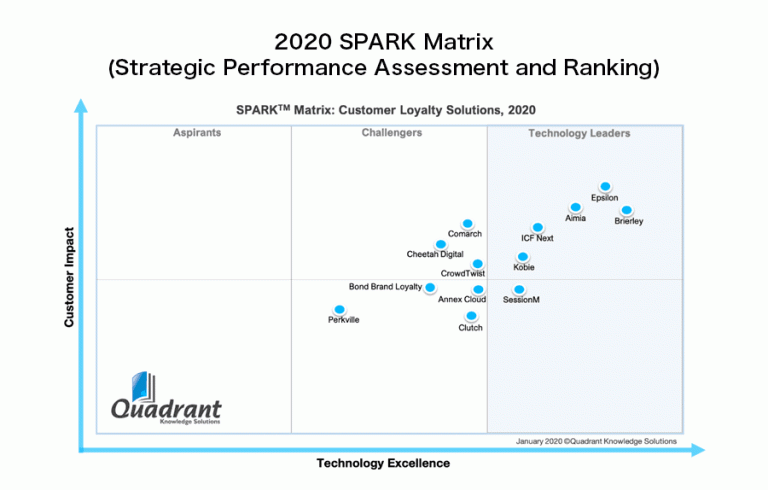In order to meet their needs for goods and services, organizations, whether they are retailers, manufacturers, or others, take procurement/sourcing actions. Procurement/sourcing management is a business necessity and an important function. It plays a crucial in the organization’s profitability. Effectively managed, it can save money, time, and resources for the organizations. It can be leveraged to gain competitive advantages. The terms, procurement and sourcing, are related but are different in certain ways from the procurement management perspective.
Procurement vs. Sourcing
Procurement is the process that an organization undertakes for obtaining goods or services to meet its business requirements and it encompasses a range of activities. Receiving and processing the indent that specifies the goods/services required by the organization, placing the order for the approved items, taking follow-up actions necessary for the order fulfilment, and reconciliation of the invoice with the purchase order & payment made upon receipt of the items are some of the important procurement activities.
Sourcing is the stage that precedes procurement activity and involves finding and selecting suitable suppliers that can meet an organization’s needs for quality goods and services, reliably and cost-effectively. The sourcing process includes the selection of the suppliers to provide the goods and services. Typically, an organization may take recourse to source in case it wants to expand its suppliers’ base or is in the marketplace for the first time for such goods and services.
Direct goods/services vs. Indirect goods and/or services
Organizations obtain goods/services that are required for them either to make end-products or to meet their business operations. The former category of goods and services is called direct goods and the latter is called indirect goods. Examples of direct goods and services obtained through direct procurement would include raw materials and subcontracted works; examples of indirect goods and services, obtained through indirect procurement, would be office supplies, consulting services, etc. Whether it is sourcing or procuring the direct or indirect goods and services, the concerned organization must ensure that, while buying, the necessary purchasing and authorization procedures are followed, price comparison and negotiations are carried out, and the purchase order is released and followed up for satisfactory order fulfilment, payment made after due verification is done, etc.
Why do organizations invest in procurement software solutions
Organizations, having realized the need to efficiently and effectively manage their procurement operations relating to buying of goods and services are investing in software solutions. These software solutions help organizations to
- obtain goods/services, that meet the quality requirements, at minimal costs and risks
- enhance the efficiency and productivity of the procurement activities
- decrease the procurement cycle times
- effectively handle the complexity of the procurement process
- help monitor and control spending
- build partnership relationships with suppliers
The procurement process involves efficiently performing various activities in accordance with the organization’s prescribed procedures and in a coordinated manner so that the organization’s needs for goods and services are effectively met. The software solutions automate the process of obtaining goods and services for the organizations from the suppliers/vendors. Automation helps organizations to achieve operational cost reduction, improve responsiveness & reliability, reduce manual efforts & errors, and ensure compliance & accountability, etc.
Numerous types of procurement software solutions, which can help automate the procurement/sourcing process and make it more efficient, are available. Some of the standalone buying solutions typically focus on automating single procurement activity, such as purchase order processing, electronic invoice processing, spend analysis, etc. Others, such as procure-to-pay and source-to-pay are more comprehensive solutions and are capable of handling a bunch of procurement activities.
Typical procurement software solutions
The following are some of the procurement software solutions commonly used.
Spend analysis:
Spend analysis software helps understand the organization’s purchasing patterns and segment the spending category-wise – supplier, department, project, etc. Based on such analysis, organizations can develop strategies to achieve cost savings, streamline performance, etc.
Purchase order management:
Purchase order management software automates the purchase order process. It generates purchase orders, tracks, and manages the related activities. It provides templates, which can be auto-populated with purchase requisition information, price, payment terms, etc. It can also automate the approval process.
Electronic sourcing (e-sourcing):
Electronic sourcing software helps the buyer to collect, collate, and compare information from several suppliers and select the most suitable preferred one. It automates the process of sending to the suppliers electronically the requests for proposals (RFP), requests for quotes (RFQ), requests for information (RFI), etc. and managing their responses.
Contract management:
Contract management software helps in the preparation of contracts. By making available contract templates and clause libraries, the contract management software facilitates the users to create contracts with minimal time and effort. Users can route contracts electronically for approval, track revisions, notify all concerned when existing contracts are about to expire so that appropriate actions can be initiated, etc. It acts as a centralized contact document repository.
Electronic invoicing in account payable (e-invoicing):
With the help of e-invoicing software, invoices in an agreed format are electronically delivered to the buying organization’s accounts payable system, so that they can be processed efficiently, accurately, and quickly for payment.
Supplier information management:
The supplier information software facilitates the collection, storing, and analysis of supplier data, such as the supplier’s contact information, its financial performance, strengths, limitations etc.
Procurement suites: They are customizable and complete procurement software modules/packages that encompass many of the procurement solutions described above and cater to the needs of procurement transactions. The procure-to-pay, source-to-pay, and e-procurement solutions come under the procurement suite category.
Organizations, depending on their requirements, deploy standalone procurement software solutions or procurement suites. Realizing the benefits of using procurement software solutions, more and more organizations are investing in them and as a consequence, the market for procurement software solutions is growing rapidly. Many software suppliers are also offering cloud-based procurement solutions on a pay-as-you-use basis and this further contributes to the growth of the market.
Author

Rajabahadur V. Arcot is a Senior Advisor, Quadrant Knowledge Solutions






